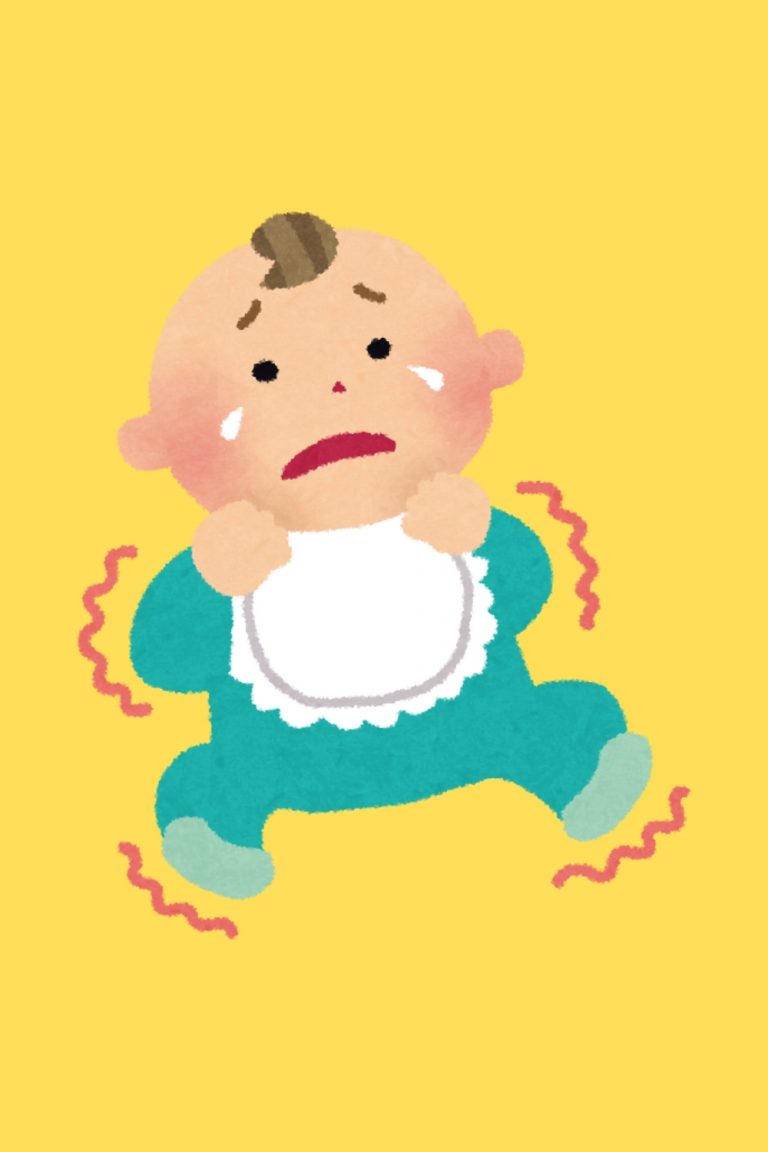A Comprehensive Guide on Postpartum Depression in Dads
Welcoming a new baby into the world is a joyous occasion, but it can also be a time of intense change and stress for parents. While we often focus on mothers’ experiences during this time, it’s important to remember that dads go through a significant transition too.
This transition can sometimes lead to a form of depression known as postpartum depression. Yes, you read that right. Postpartum depression isn’t exclusive to mothers. Dads can experience it too, and it’s more common than you might think.
Understanding Postpartum Depression in Dads
Postpartum depression in dads, often referred to as Paternal Postnatal Depression (PPND), is a serious condition that requires attention. But what is it exactly?
Just like mothers, dads can experience significant emotional changes after the birth of a baby. They might feel overwhelmed, fatigued, anxious, or disconnected. In some cases, these feelings intensify and last for an extended period, interfering with their daily life. This is when we refer to it as postpartum depression.
The signs of PPND can vary from person to person. Some dads might feel extremely sad or anxious. Others may experience irritability, mood swings, or have trouble focusing. Some might even struggle with bonding with their baby or withdraw from their partners.
Remember, feeling a bit out of sorts or overwhelmed doesn’t necessarily mean a dad has PPND. However, if these feelings persist or escalate, it’s crucial to seek professional help. By acknowledging and understanding this condition, we can better support dads during this significant life transition.
Causes of Postpartum Depression in Dads
Many dads go through a significant adjustment period after the birth of a child. This time can bring several factors that contribute to postpartum depression. Let’s look at some of these causes:
Lifestyle Changes: The arrival of a new baby transforms life at home. For dads, adjusting to these changes in routine and lifestyle can be stressful. This stress might contribute to postpartum depression.
Lack of Sleep: Newborns often wake up several times during the night. This means that sleep becomes a luxury for new parents. Persistent sleep deprivation can affect mental health and might trigger postpartum depression in dads.
Increased Responsibility: The responsibility of caring for a new life can feel overwhelming for some dads. The pressure of wanting to be a good father and provide for the family can sometimes lead to anxiety and depression.
The Impact of Postpartum Depression on Dads and Families
Postpartum depression doesn’t just affect dads; it can impact the whole family. Here are some ways how:
On Mental Health: Postpartum depression can lead to feelings of sadness, hopelessness, and fatigue in dads. These feelings can make it hard for them to find joy in life.
On Relationships: Postpartum depression can strain relationships. Dads might find it hard to bond with their babies. They might also have a tough time maintaining a healthy relationship with their partners.
On Work and Social Life: Postpartum depression can affect a dad’s ability to concentrate. This can impact his work performance. He might also lose interest in social activities he once enjoyed.
In conclusion, postpartum depression in dads is a significant issue that affects many families. Understanding its causes and impact can help us support dads during this challenging time.
Treatment Options for Postpartum Depression in Dads
If you are a dad dealing with postpartum depression, it’s important to know that help is available. You don’t need to navigate this challenging time on your own. Here are some options to consider:
- Therapy: Talking to a mental health professional can make a huge difference. Cognitive-behavioral therapy (CBT) and interpersonal therapy (IPT) are commonly used methods. They can help you understand your feelings and develop coping strategies.
- Medication: In some cases, your doctor might recommend medication. Antidepressants can help manage symptoms of postpartum depression. Remember, it’s vital to discuss possible side effects with your doctor.
- Support Groups: Connecting with other dads experiencing the same struggles can be therapeutic. Support groups provide a safe space to share feelings and experiences. Plus, you can learn how others cope with similar challenges.
Strategies for Coping with Postpartum Depression
Dealing with postpartum depression can feel overwhelming. But with the right strategies, it becomes more manageable. Here are a few suggestions:
- Regular Exercise: Physical activity releases endorphins, chemicals that boost your mood. Try to fit in a quick workout or a walk each day. It can make a significant difference to your mental health.
- Healthy Eating: Good nutrition can have a positive impact on your mood. Try to maintain a balanced diet rich in fruits, vegetables, lean protein, and whole grains.
- Quality Sleep: With a new baby, getting enough sleep can be tricky. But try to prioritize rest whenever possible. Lack of sleep can worsen symptoms of depression.
- Reach Out to Loved Ones: Don’t isolate yourself. Talk to your partner, family, or friends about what you’re feeling. They care about you and want to help.
- Practice Mindfulness: Activities like meditation, deep breathing, and yoga can reduce stress. They help bring your focus to the present moment, away from worries or negative thoughts.
Remember, it’s okay to seek help. You’re not alone in this journey. By reaching out and implementing these coping strategies, you can better manage postpartum depression.
How to Support a Partner Experiencing Postpartum Depression
Helping a partner navigate through postpartum depression can be challenging. Here are some simple yet effective ways to provide support.
- Empathize With Their Experience: Understand that postpartum depression is not a choice. It’s a mental health condition that requires patience, understanding, and care. Be empathetic towards your partner’s feelings and emotions.
- Encourage Professional Help: Suggest seeking help from mental health professionals. Therapists and psychiatrists can provide valuable support and treatment options.
- Listen Actively: Let your partner express their feelings without interruption or judgment. Active listening can provide them with much-needed emotional relief.
- Help with Baby Care: Take on more baby care responsibilities to lighten their load. Doing so can give your partner some time to relax and focus on their mental health.
- Promote Self-Care: Encourage your partner to take time for self-care activities. These can include exercise, meditation, or pursuing a hobby.
- Be Patient: Understand that recovery takes time. Be patient and provide consistent support throughout the journey.
Postpartum depression in dads is a significant yet often overlooked issue. It’s essential to recognize that anyone can experience postpartum depression, regardless of gender. By raising awareness, we can help more dads get the support and treatment they need to overcome this condition.
It’s crucial for those experiencing postpartum depression to seek professional help. Remember, this isn’t a sign of weakness, but a step towards recovery. For partners, providing support and understanding can make a world of difference.
In the end, remember, mental health matters just as much as physical health. With the right help and support, postpartum depression in dads can be effectively managed and overcome.






